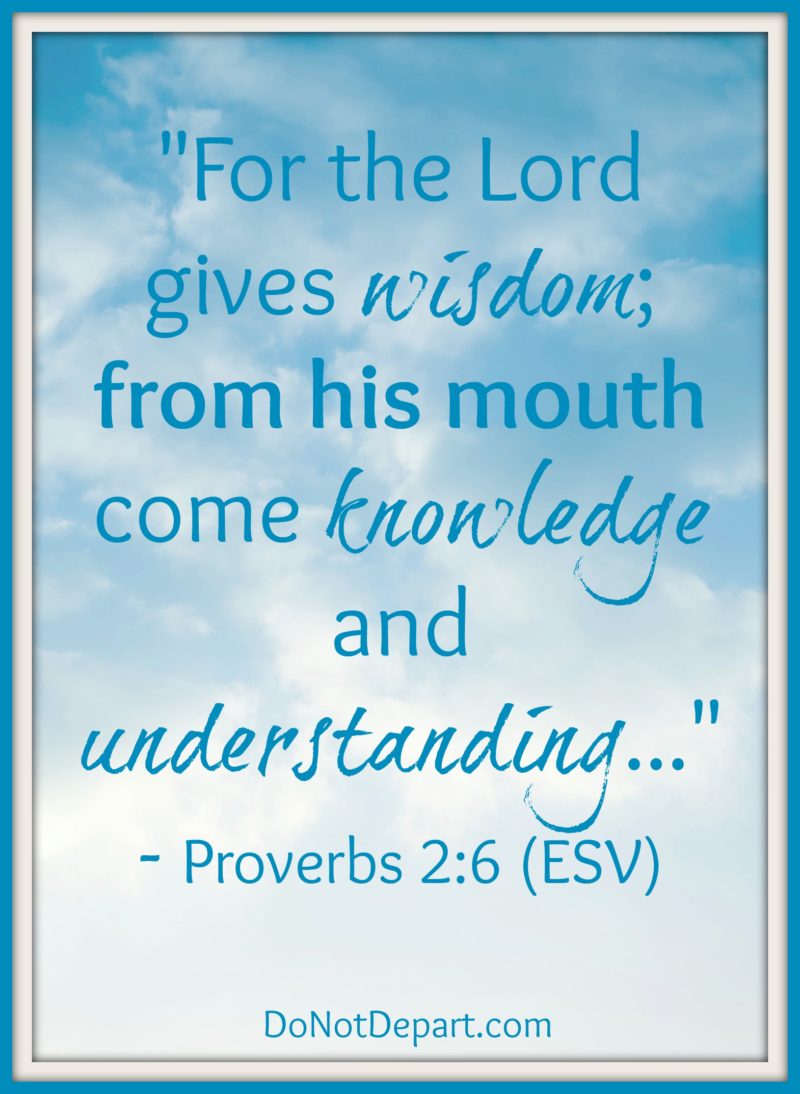When I think of theology, I often think of logic. Of proof, of study, and of learning.
Merriam-Webster defines theology as:
“the study of religious faith, practice, and experience : the study of God and God’s relation to the world”
It’s the study of our God, the study of our faith, and the study of practice of that faith.
Determining and studying one’s own theology is important for so many reasons, as we’ve been discussing all month.
I’m a fact-finder and a lifelong learner, so I love and get excited over the opportunity to learn more and study deeper.
But, as I grow older (and re-realize how little I know), I’m slowly grasping that deepening our theology doesn’t mean only expanding our knowledge. And knowledge and understanding aren’t the same thing.
Sometimes understanding doesn’t mean knowledge.
Sometimes faith doesn’t mean seeing.
“Now faith is confidence in what we hope for and assurance about what we do not see.” – Hebrews 11:1 (NIV)
And sometimes trust doesn’t mean knowing the answers first.
“Trust in the Lord with all your heart, and do not lean on your own understanding.” – Proverbs 3:5
Receiving Wisdom
I’ve always liked Proverbs 2 because it talks of the value of wisdom. Wisdom is good, wisdom is needed. But something important to remember about our theology is that wisdom is from God. And if wisdom comes not from ourselves, that means we must first receive it.
Picture this: Someone comes up to you and says they would like to give you something. A gift, perhaps. All you have to do is hold out your hand.
If you keep your hand closed or even find somewhere else to go, perhaps you don’t trust this person or this situation (and perhaps with good reason). Without that trust, there’s no way you’d open your hand to receive it.
But if you do trust, then you hold out your open hand, ready to receive.
Proverbs 2 begins:
“My son, if you receive my words
and treasure up my commandments with you,
making your ear attentive to wisdom
and inclining your heart to understanding…
then you will understand the fear of the Lord
and find the knowledge of God.
For the Lord gives wisdom;
from his mouth come knowledge and understanding…” – Proverbs 2:1-2, 5-6
First, we receive, then comes the understanding.
Isn’t this the way of faith sometimes? We believe even when we don’t understand (Hebrews 11:1). We ask for faith even when we can’t see beyond a clouding doubt (Mark 9:24). We seek Him first, even when we aren’t sure how to fill our needs (Matthew 6:33).
Theology and Trust Together
None of this means we sit idly by, not trying to deepen our knowledge of God and His nature. But it does mean that theology and trust are partners. We need both to thrive and grow in His example.
The more we trust, the more we learn, the more we lean into His wisdom, the more our eyes open to His peace (Philippians 4:7) and His love.
“Then you will understand righteousness and justice
and equity, every good path;
for wisdom will come into your heart,
and knowledge will be pleasant to your soul;
discretion will watch over you,
understanding will guard you…” – Proverbs 2:9-11
How do you trust even when you may not understand?
Additional resources:
- Author Sarah Bessey wrote this article on everyday theology and how what we truly believe and trust about God impacts our daily lives.
- Rachel Wojnarowski shares 14 verses for when we can’t understand God’s plan.
- This Bible.org article offers an interesting explanation on the definition of theology.
- “The Theology of Resting in God” from My Utmost for His Highest by Oswald Chambers.


Thank you, Caroline. You named two important aspects of our being: the rational and the emotional sides of us. And as you imply, they’re not separate but intertwined. Trust comes from our deepening appreciation for who God is, His power, His goodness, and His unfathomable love for His children. You asked, “How do you trust when you may not understand?” For me there are two things that build my trust for those times during which I do not understand. The first one is also about receiving. I receive a new picture of God as I study the whole Bible through the lens of Jesus. I see God’s wisdom, His love, His power, and His eagerness to help us get back on the right path. So my heart opens to Him. He I s someone who is worthy of trust. In this way, trust itself is built through my deepening theology. The second thing is obedience. When I obey what God has asked of me, even when I can’t see how it would possibly work, I am usually amazed to see how things turn out. And that depends my trust that what He asks comes from wisdom for greater than mine. So when I face a new thing without full understanding, it is much easier to fall back on the memories of how He has worked in my life already. Oswald Chambers said that the prayer for more faith is the one prayer that God will never answer, because He has given us more faith than we need. Faith is the same as trust. And Jesus said that a tiny speck of faith is all that it takes. What is usually lacking is our follow through in obedience. So Chambers says, when we obey and see the result, we are amazed, and our faith deepens. Again, thank you for your thoughtful and articulate post.
Thank you for reading and for sharing this here, Jim. You are so right about receive and following through on obedience. There’s so much to see of how God works when we do that!